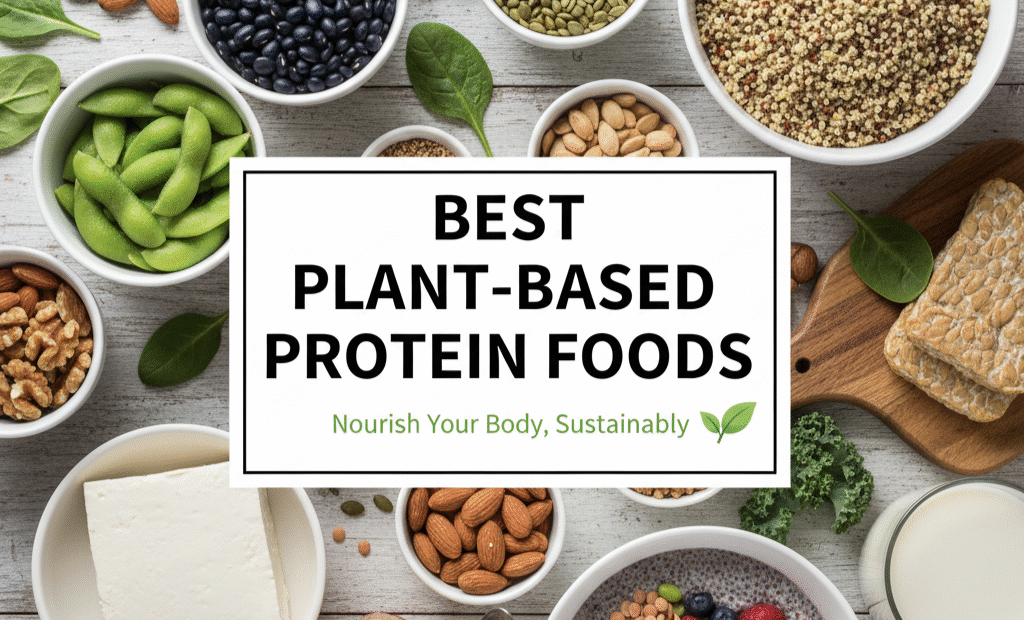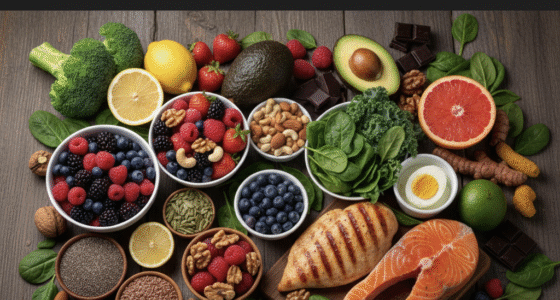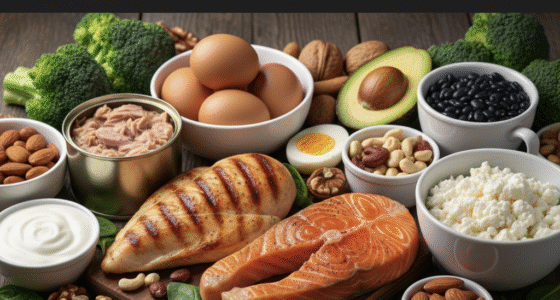Best Plant-Based Protein Foods
Plant-based diets are becoming more popular worldwide due to their health benefits, environmental impact, and ethical choices. One common question people ask when switching to a vegetarian or vegan lifestyle is: “How do I get enough protein?” Luckily, there are plenty of plant-based protein foods that can fuel your body, support muscle growth, and keep you energized throughout the day.
Why Protein Matters
Protein is essential for building muscles, repairing tissues, producing enzymes, and maintaining overall health. While many associate protein with animal products like meat, eggs, and dairy, plants also provide high-quality protein when chosen carefully. Including a variety of plant protein sources ensures you get all nine essential amino acids your body needs.
Top Plant-Based Protein Foods
1. Lentils
Lentils are a powerhouse of protein and fiber. One cup of cooked lentils provides around 18 grams of protein. They are also rich in iron, folate, and antioxidants. Lentils are versatile and can be used in soups, stews, curries, or salads.
2. Chickpeas
Also known as garbanzo beans, chickpeas provide about 15 grams of protein per cooked cup. They are excellent in hummus, roasted as snacks, or added to salads and curries. Chickpeas are also packed with fiber, which supports digestive health.
3. Quinoa
Unlike many plant foods, quinoa is a complete protein, meaning it contains all nine essential amino acids. One cup of cooked quinoa offers 8 grams of protein. It’s gluten-free, easy to cook, and perfect as a base for bowls or salads.
4. Tofu
Made from soybeans, tofu is one of the most common protein-rich foods in vegan diets. A 3.5-ounce serving of tofu contains about 10 grams of protein. It absorbs flavors easily and can be used in stir-fries, curries, or even smoothies.
5. Tempeh
Tempeh is a fermented soybean product with a nutty flavor and firm texture. It provides 15 grams of protein per 3.5 ounces and is also rich in probiotics, which support gut health. It’s excellent when grilled, baked, or sautéed.
6. Edamame
Young soybeans, known as edamame, provide 17 grams of protein per cup. They are also rich in vitamins and minerals, making them a nutritious snack or addition to salads, soups, and rice dishes.
7. Black Beans
Black beans are high in protein (15 grams per cup) and fiber. They are often used in Mexican cuisine, soups, and vegetarian burgers. Their antioxidant content also helps fight inflammation.
8. Chia Seeds
Chia seeds might be tiny, but they pack a punch with 5 grams of protein per ounce. They are also rich in omega-3 fatty acids, fiber, and minerals. Mix them into smoothies, oatmeal, or make chia pudding for a healthy snack.
9. Hemp Seeds
Hemp seeds contain 10 grams of protein per 3 tablespoons and provide all essential amino acids. They are a great addition to smoothies, yogurt, or salads. Their healthy fats also support heart and brain health.
10. Nuts and Nut Butters
Almonds, peanuts, cashews, and their nut butters provide between 6–8 grams of protein per serving. They are also rich in healthy fats and antioxidants. Nuts make a convenient snack or topping for breakfast bowls.
Combining Plant Proteins
While some plant foods are incomplete proteins, combining them throughout the day can provide all essential amino acids. For example:
- Rice and beans
- Hummus with whole-grain bread
- Quinoa with lentils
Benefits of Plant-Based Protein Foods
- Weight management: High in fiber, they promote fullness and reduce cravings.
- Heart health: Lower in saturated fats compared to animal proteins.
- Digestive health: Rich in fiber, they support gut function.
- Environmental benefits: Lower carbon footprint than animal farming.
Tips for Adding Plant Protein to Your Diet
- Start your day with a smoothie containing chia or hemp seeds.
- Use lentils or beans as a base for hearty meals.
- Snack on edamame or roasted chickpeas instead of chips.
- Add tofu or tempeh to stir-fries for a protein boost.
- Experiment with nut butters in breakfast recipes.
Final Thoughts
Eating enough protein on a plant-based diet is not only possible but also delicious and sustainable. By including foods like lentils, chickpeas, quinoa, tofu, nuts, and seeds, you’ll ensure your body gets the fuel it needs for energy, muscle, and overall health. Whether you’re vegetarian, vegan, or simply looking to reduce meat, these plant-based protein foods can benefit both your health and the planet.









